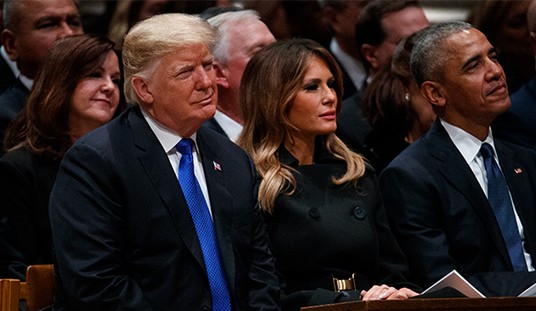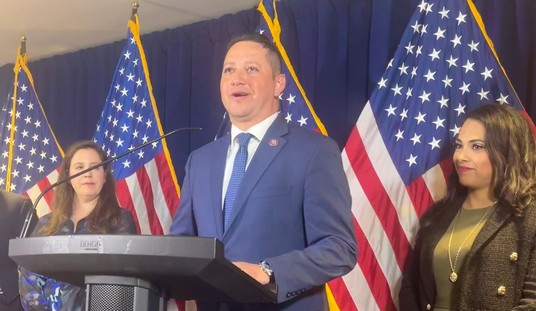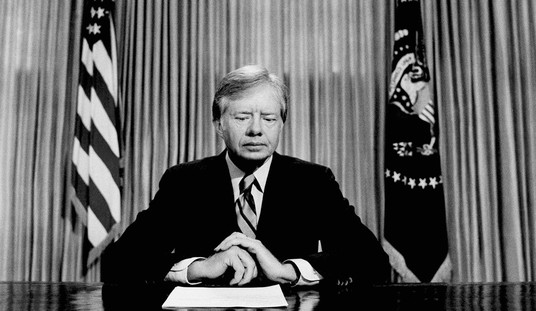What is this European fascination with identifying all things Jewish with some sort of label?
In a stinging rebuke to Israel, the European Union insisted on Wednesday that some goods produced on land seized in the 1967 war must be labeled “made in settlements,” a mandate that added to Israel’s deep unease over a growing international boycott.
European officials tried to play down the decision, saying the guidelines merely clarified existing rules. But the move exacerbated already simmering tensions between Israel and Europe as Israeli politicians condemned it as an echo of the Holocaust-era branding of European Jews and their storefronts with yellow stars.
The European Union is Israel’s top trading partner, though products from the occupied West Bank, the Golan Heights and East Jerusalem that will now require special labels amount to less than 1 percent of Israel’s $13 billion in annual exports to the bloc’s 28 countries. But while the immediate economic impact is expected to be minimal, there is fear that the logic behind the labeling could be extended to the broader economy by targeting businesses that have operations or affiliates in the contested areas, as many do.
…
The labeling rules apply to fresh fruit and vegetables, wine, honey, olive oil, eggs, poultry, organic products and cosmetics coming from Israeli-owned businesses and farms outside the state’s original borders.Rather than “product of Israel,” these goods must be labeled with the term “settlement,” or “its equivalent,” the rules say, as in “product of West Bank (Israeli settlement).” Goods from Palestinian-owned businesses can say “product of Palestine” or “product of West Bank (Palestinian product).”
It is hard to ascribe any reason to this action beyond garden variety anti-Semitism, both by the EU bureaucrats and the people who desire the labels so that they may be boycotted.
Michael Oren, a former Israeli ambassador to the United States and now a member of parliament, said plainly that the E.U. decision “is anti-Semitic.”
“There are dozens of border disputes and ‘occupations’ in the world, but the E.U. decided to single out Israel,” Oren told the Jerusalem Post last week. “They are not labeling products from China, India or Turkey — only Israel.”
Science Minister Ofir Akunis called the initiative “a dark stain on the moral fabric of Europe, which bears witness to the fact that the lessons of history have not been learned.” He said the labels would “encourage terrorism.”
Also missing from the list is Crimea and the areas Ukraine being extracted by Putin. Naturally, when given the choice between doing the right thing or stabbing an ally in the back, the Obama administration always votes for the backstab:
The Obama administration — and many members of Congress — oppose boycotts against Israel. But the White House position on the European label rules was less clear.
“We oppose efforts to isolate or delegitimize the state of Israel,” State Department deputy spokesman Mark Toner said Wednesday, declining to define the European move as a boycott.
Toner also repeated the long-standing U.S. position that “settlements are illegitimate, and they’re harmful to prospects for peace and to Israel’s long-term security.”
Why Europe, at this juncture in history, would choose to support a terrorist regime that serves no larger purpose in Gaza and the West Bank than indoctrinating another generation of Arab children with anti-Semitism over a reliable military, economic, and political partner is only a mystery if you look beyond religious animus. Otherwise, it is easily explained.
No word yet on what this label will look like, but a quick search of Google gives a lot of good ideas.














Join the conversation as a VIP Member